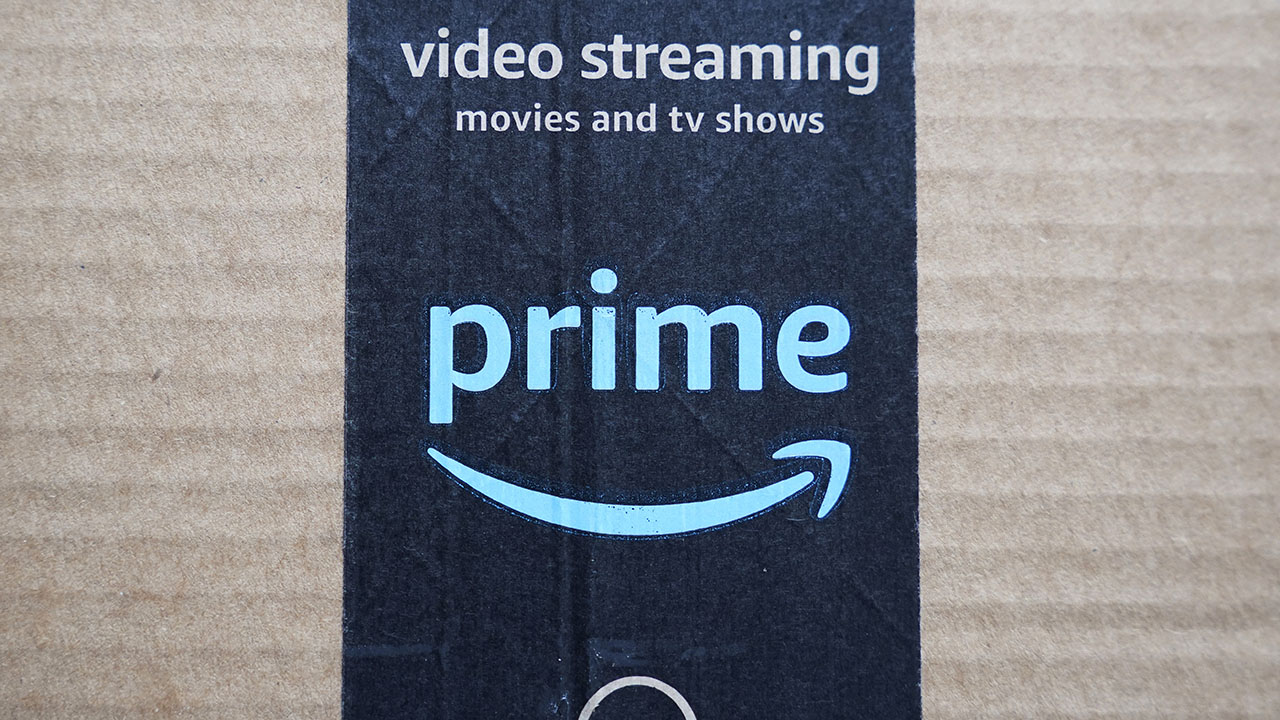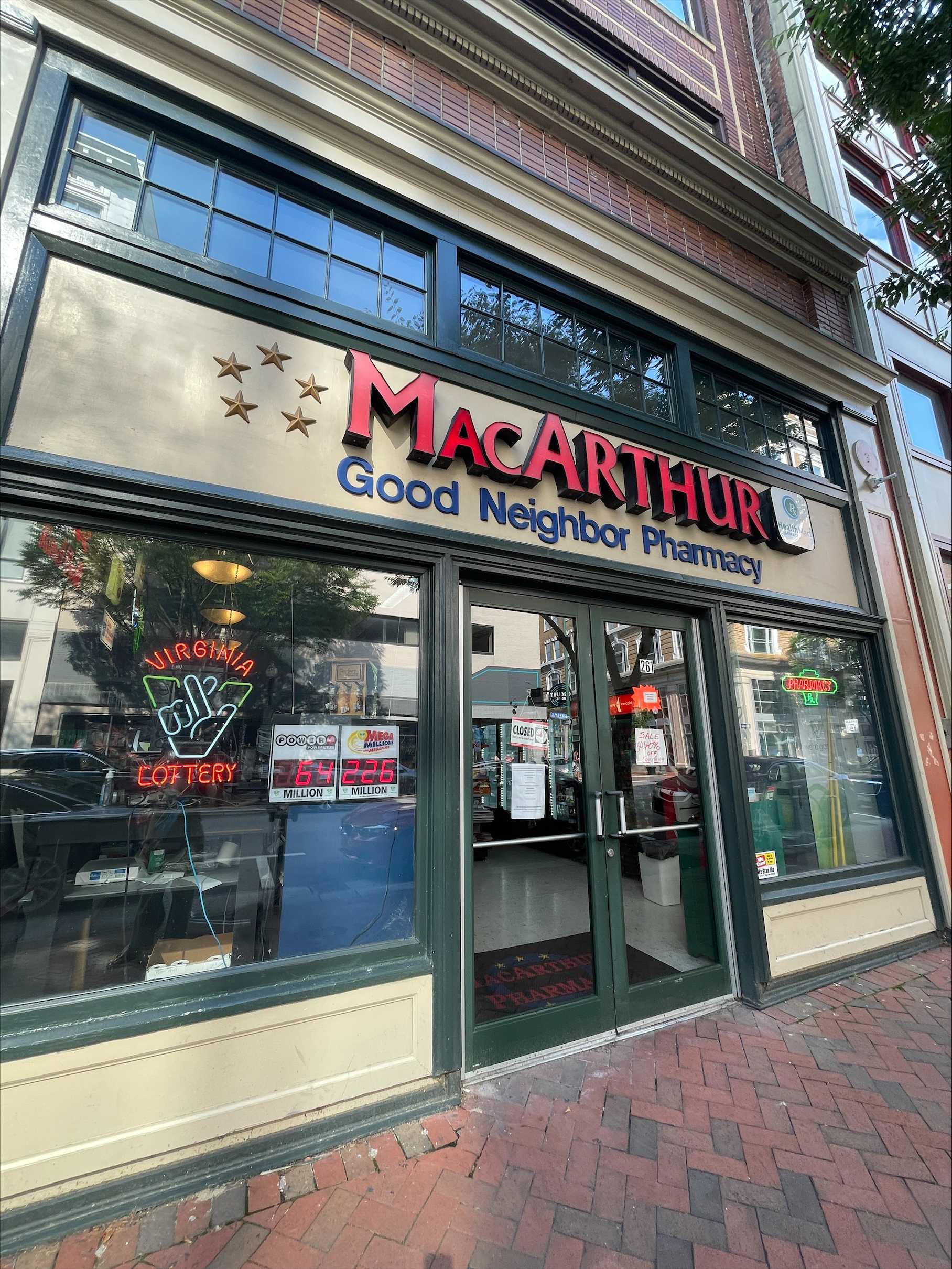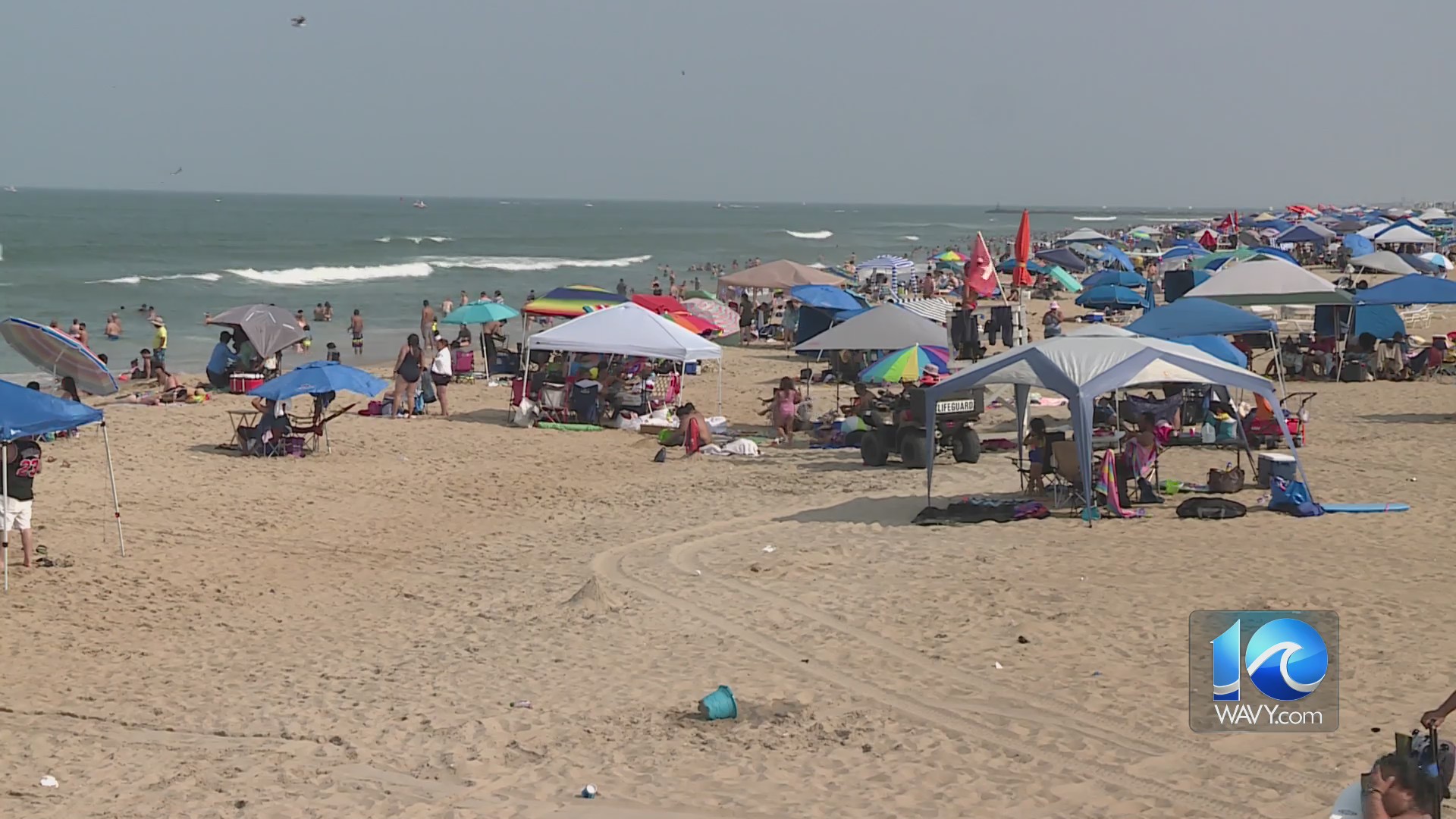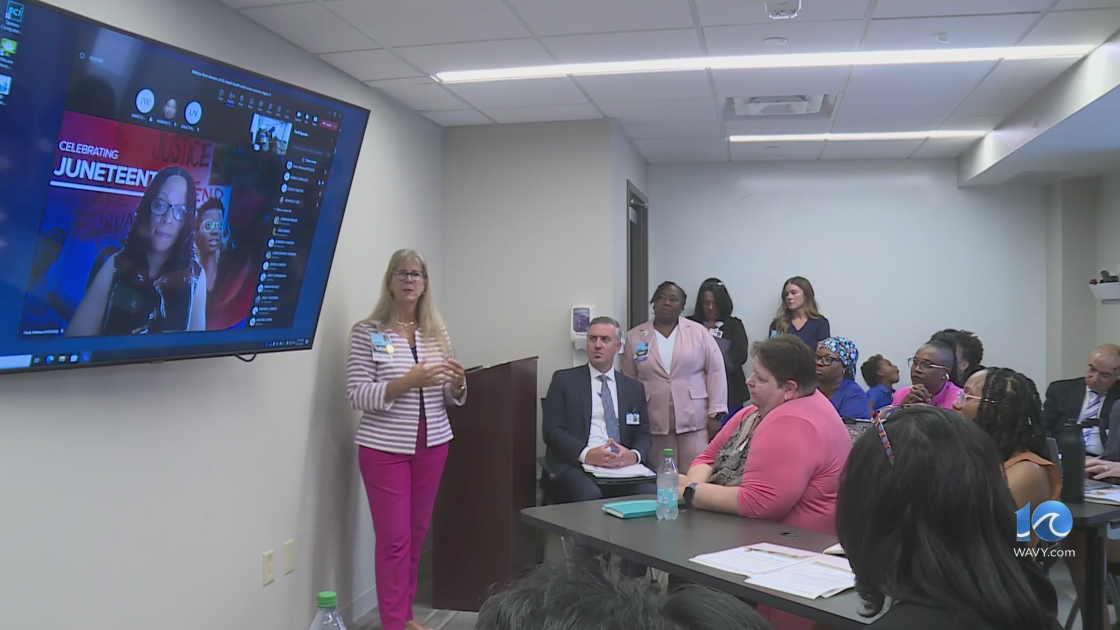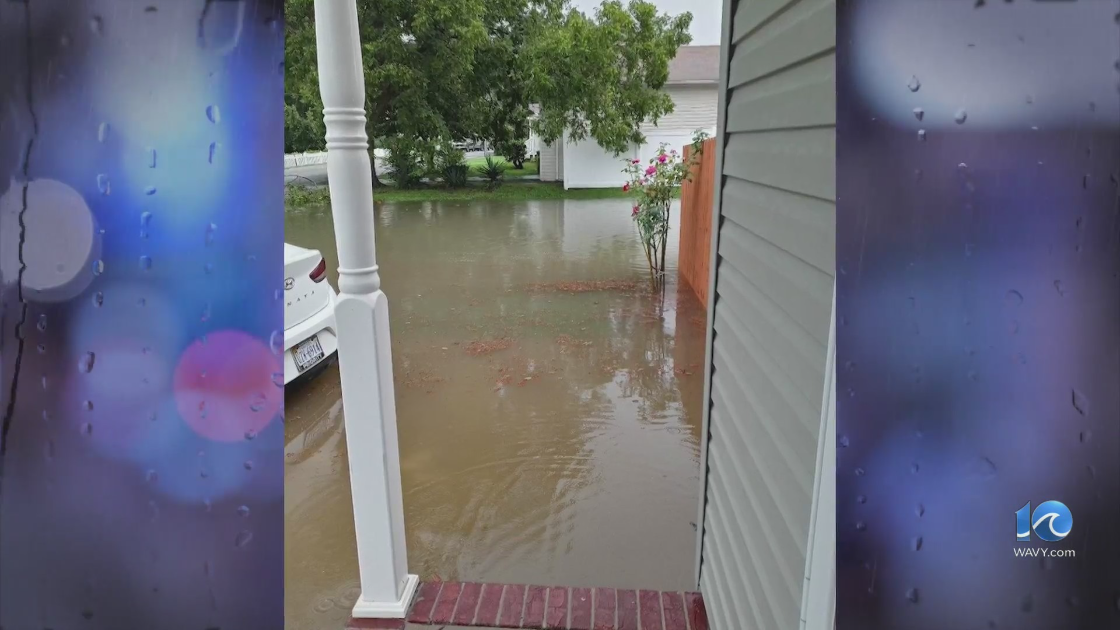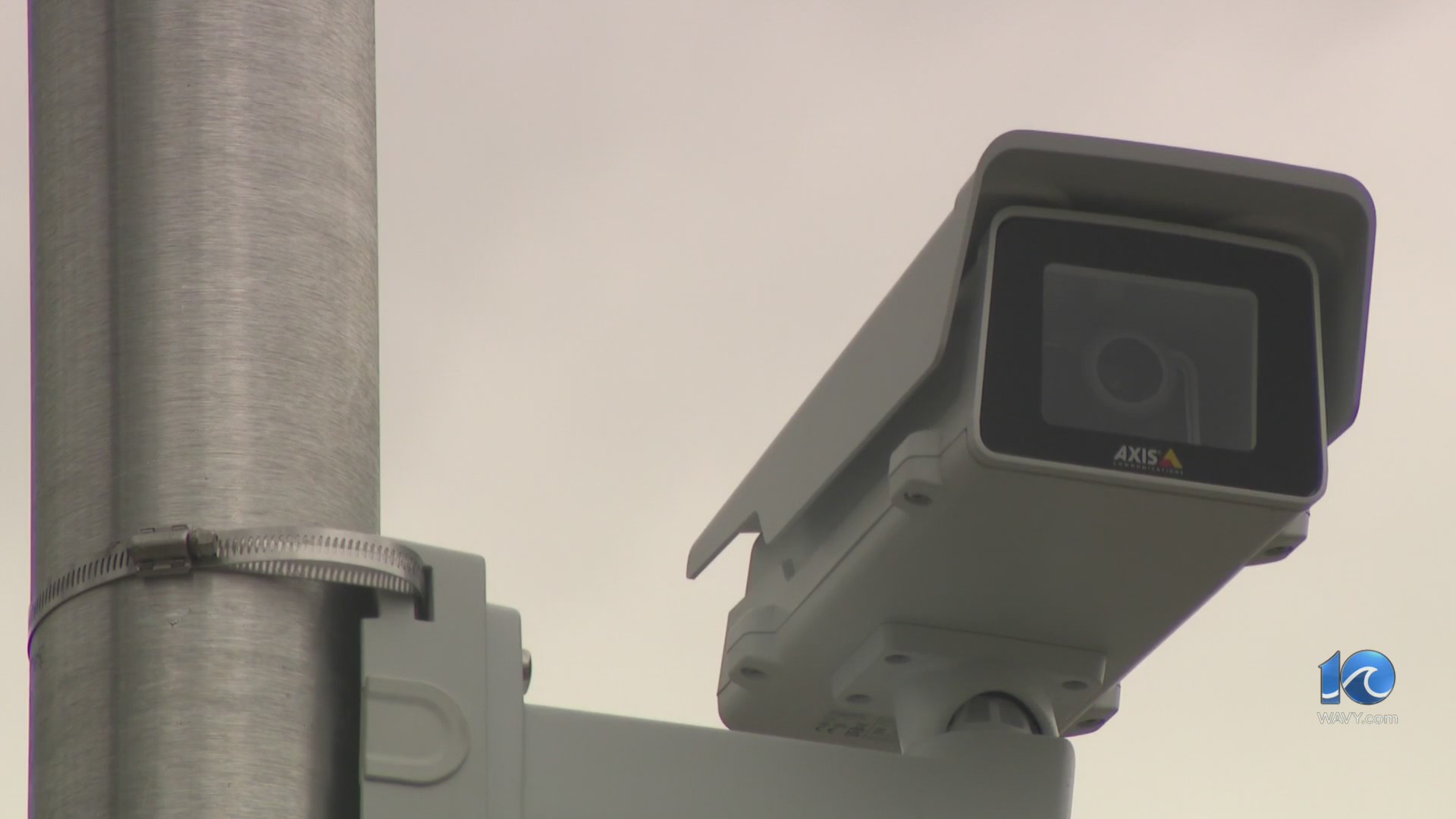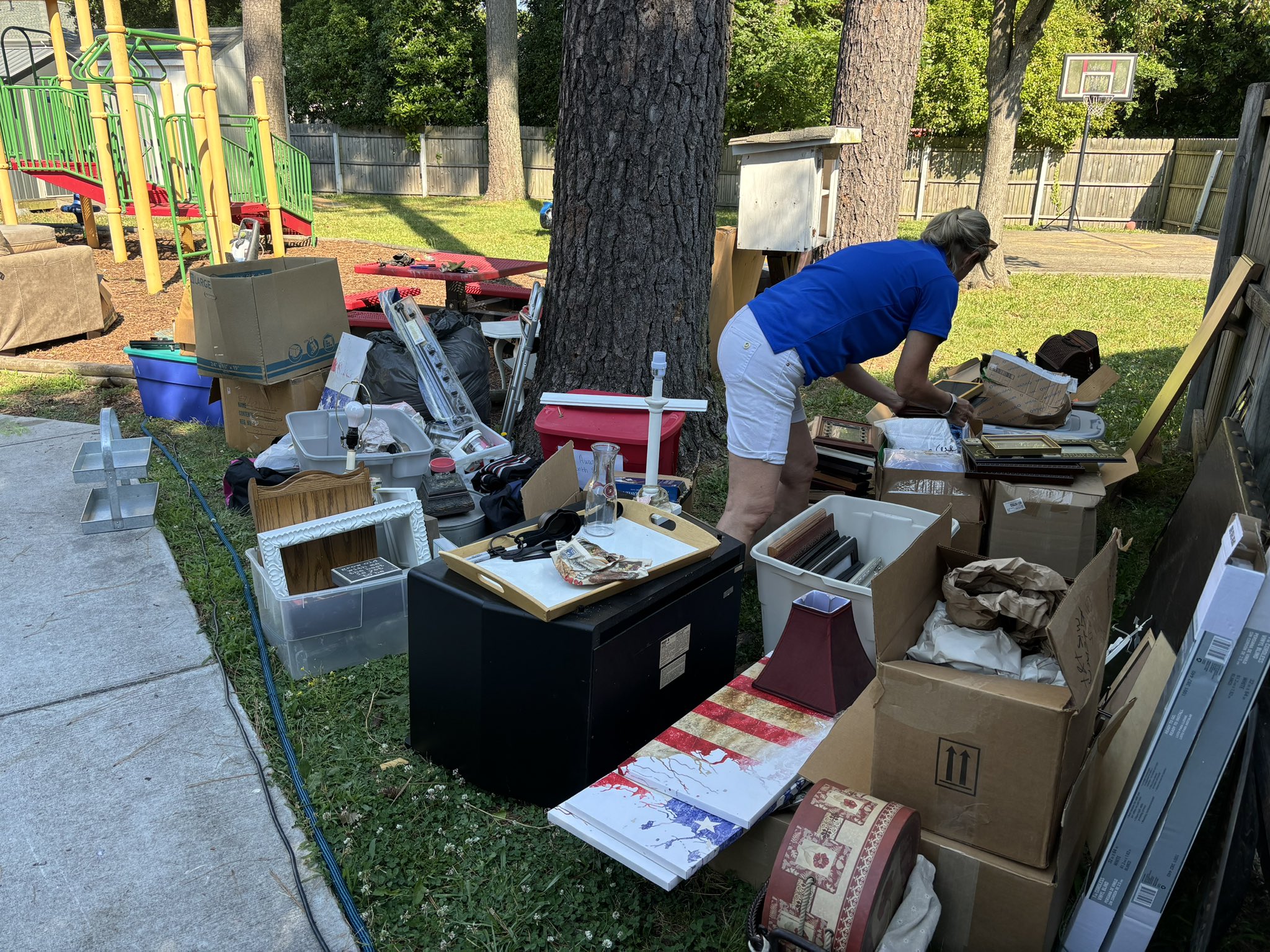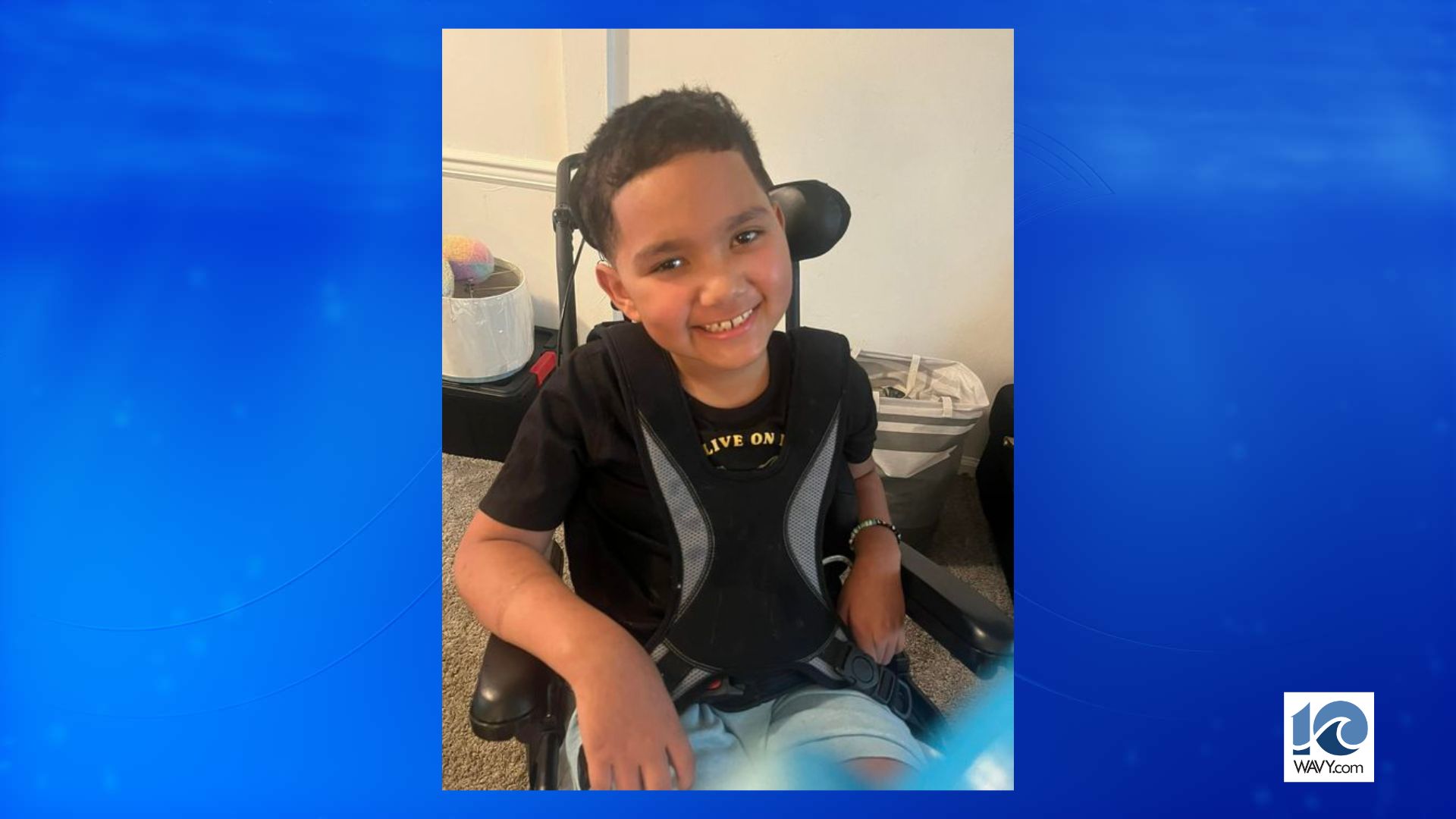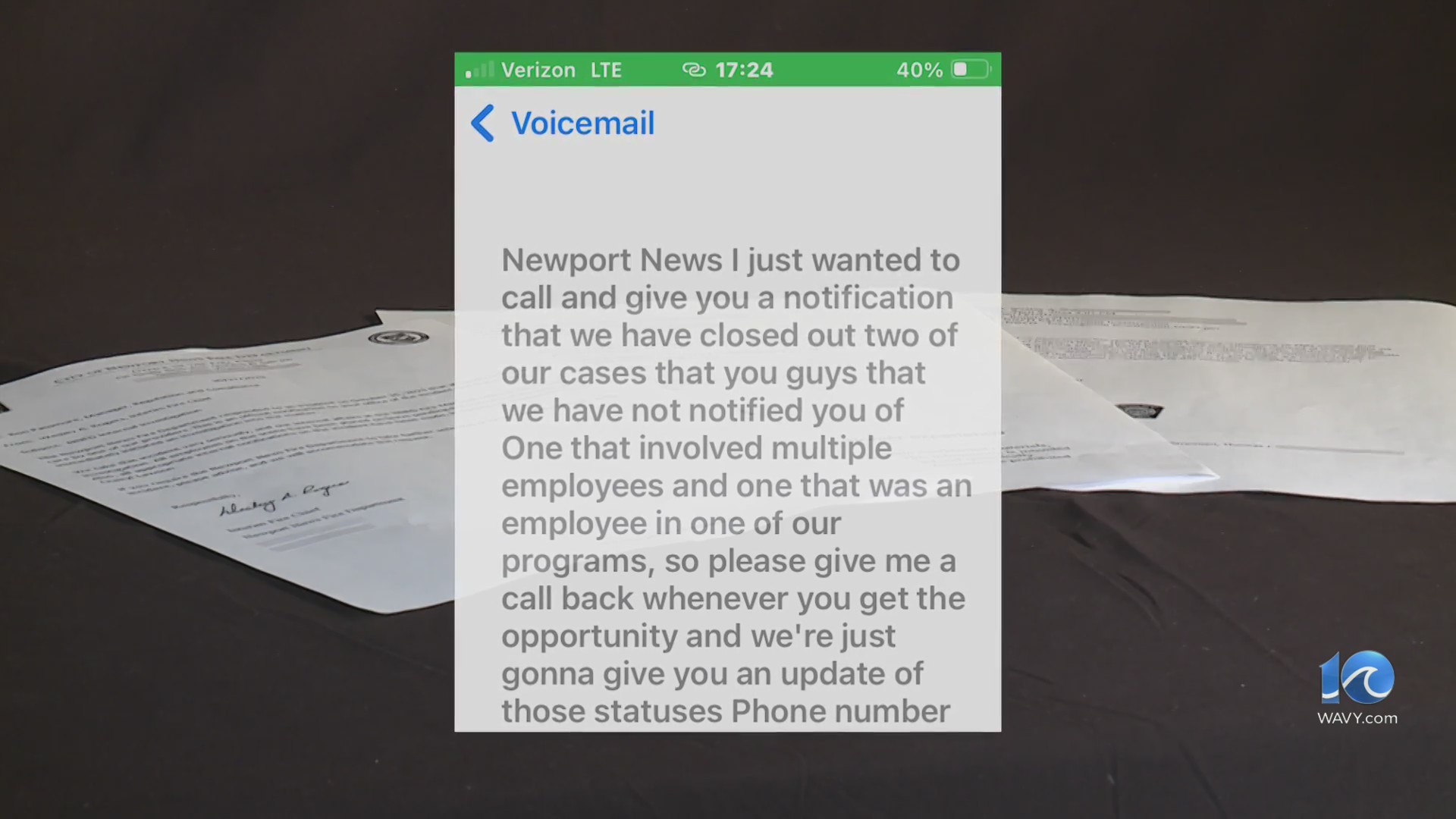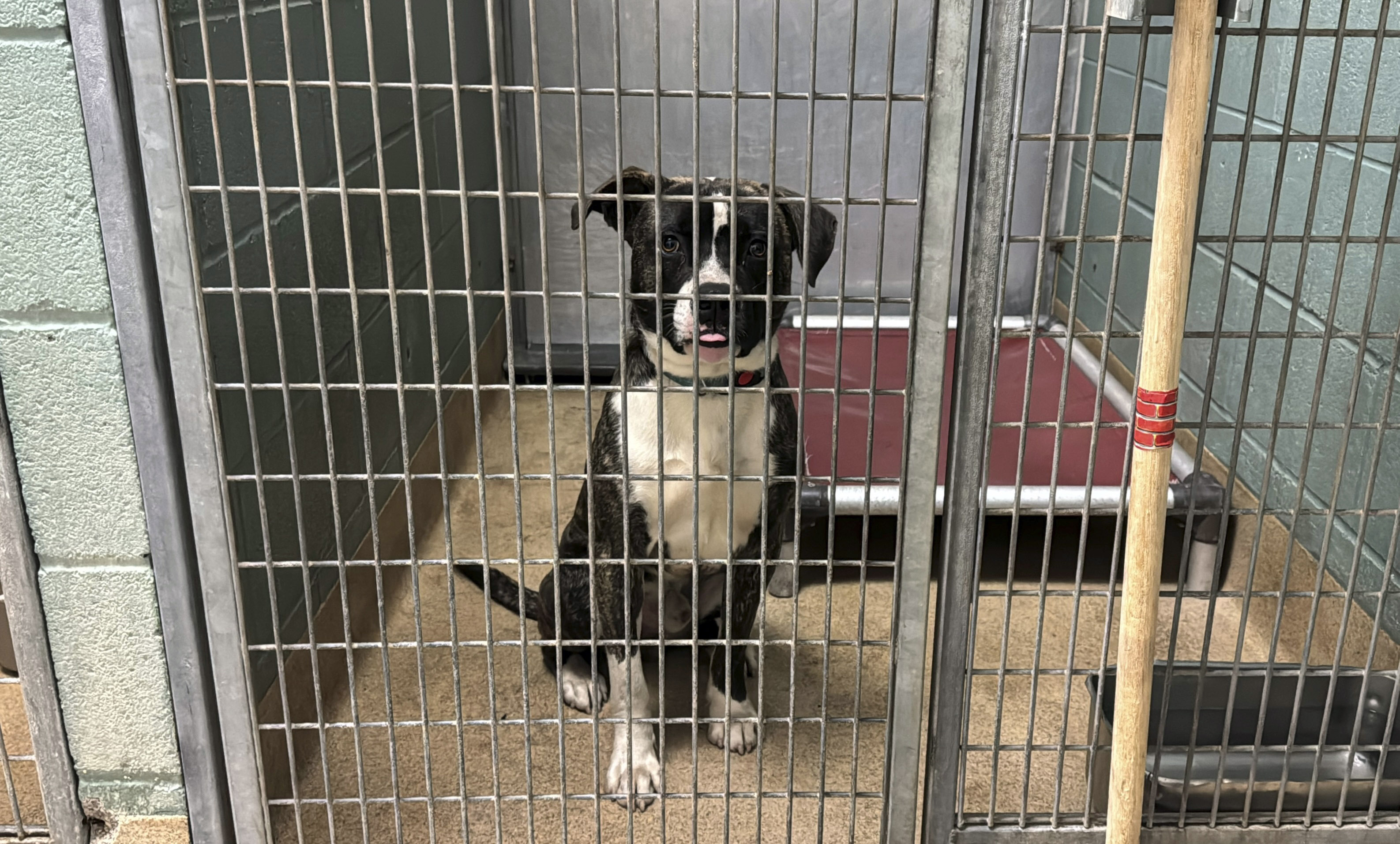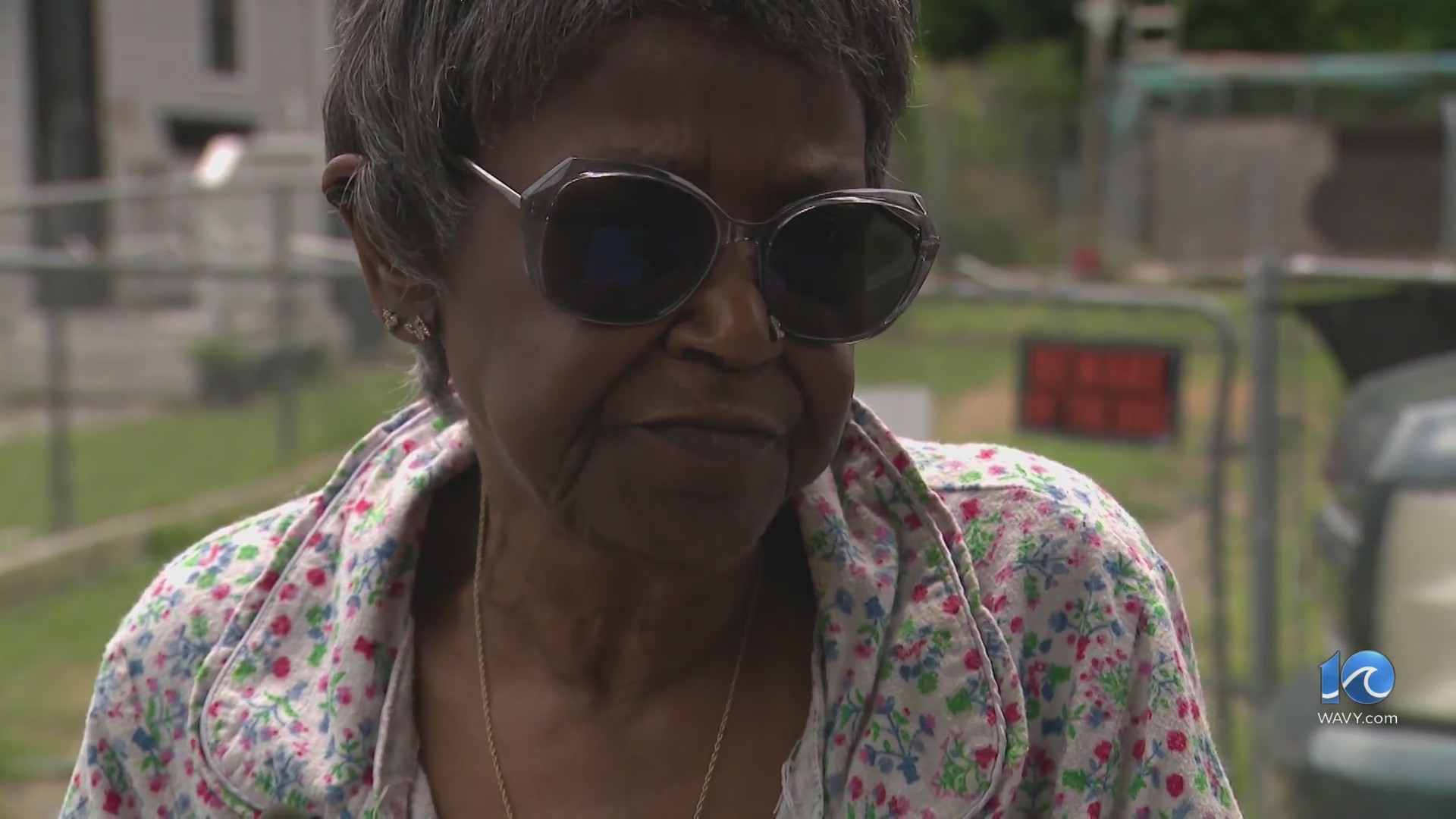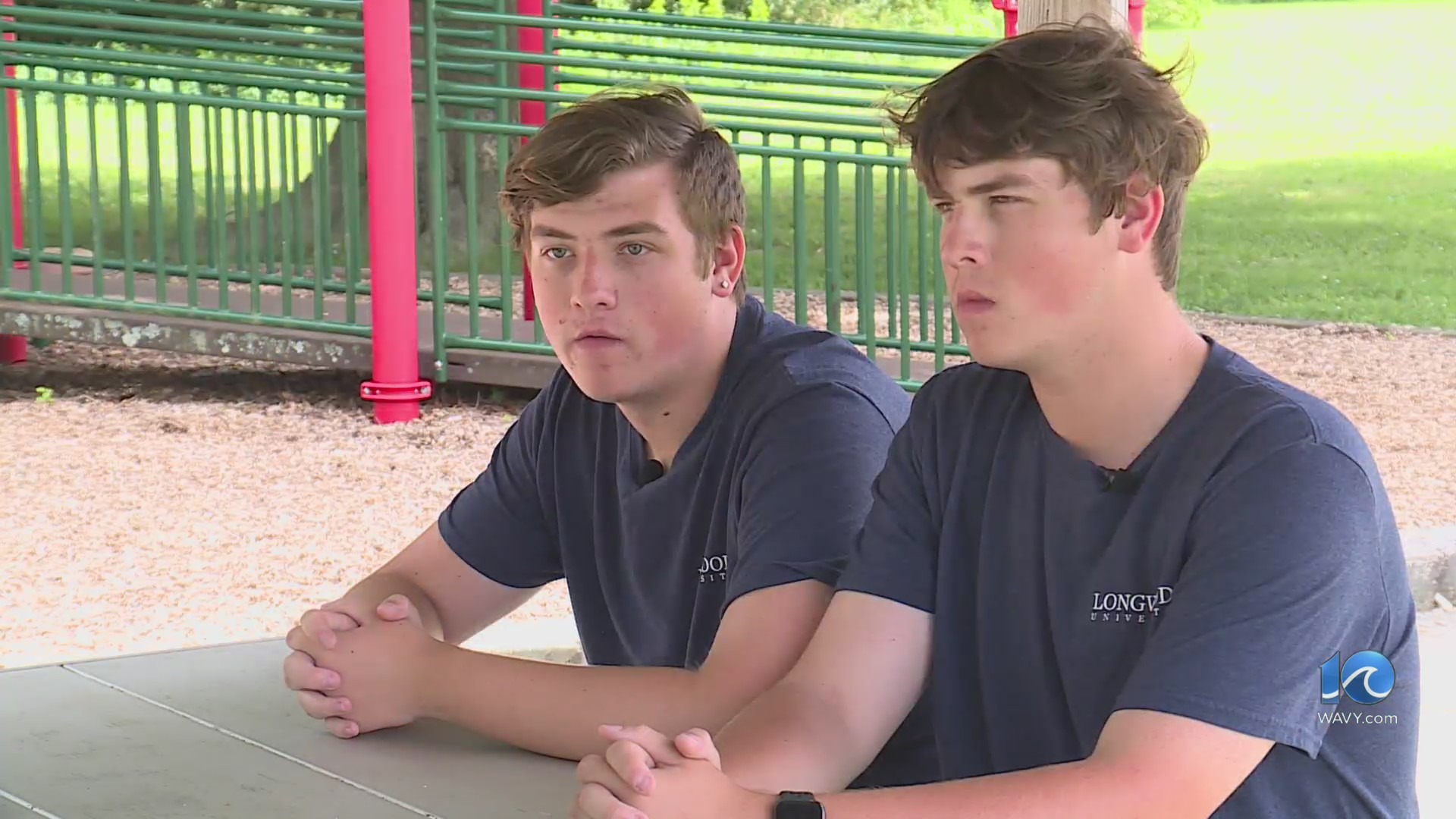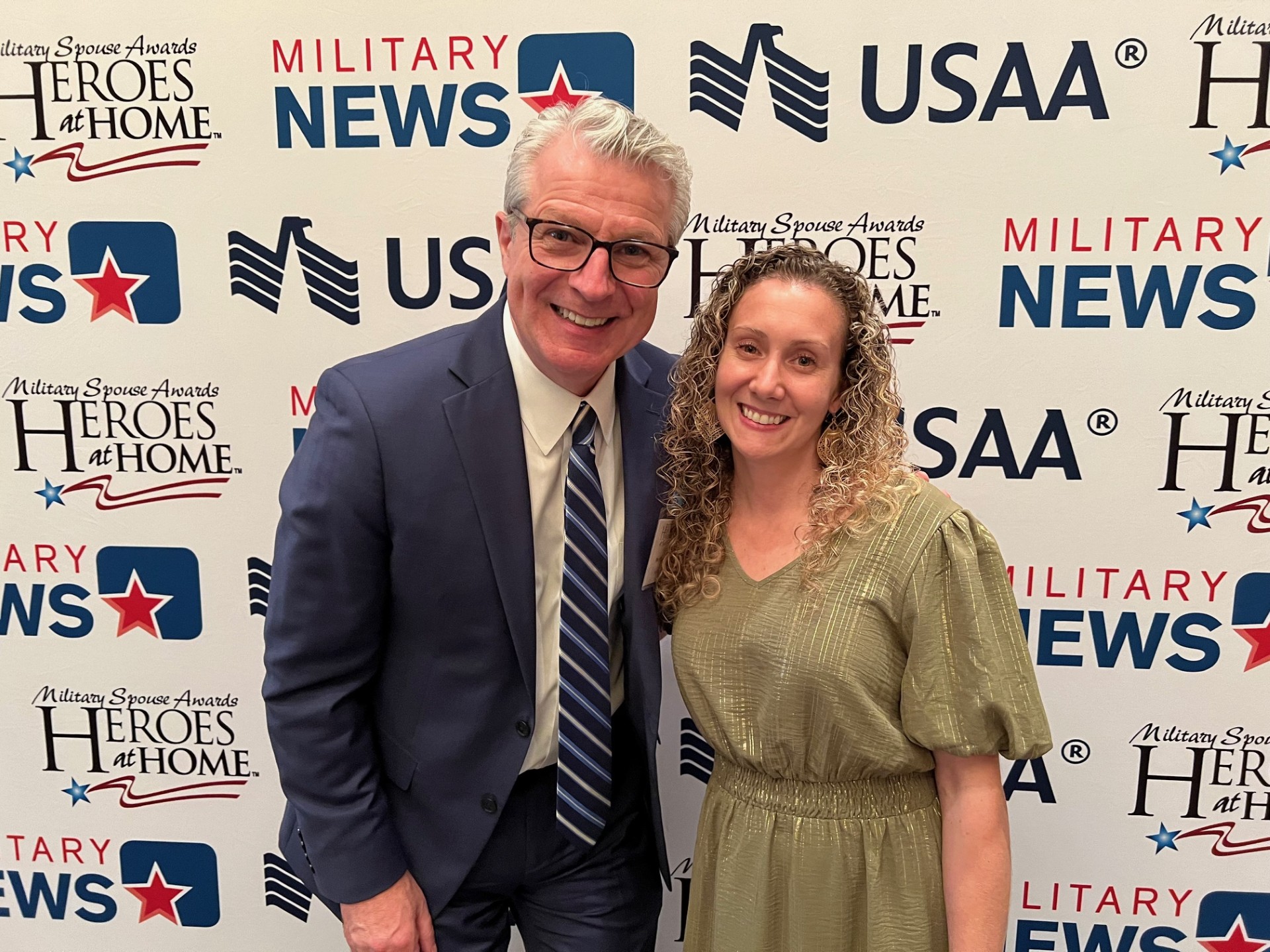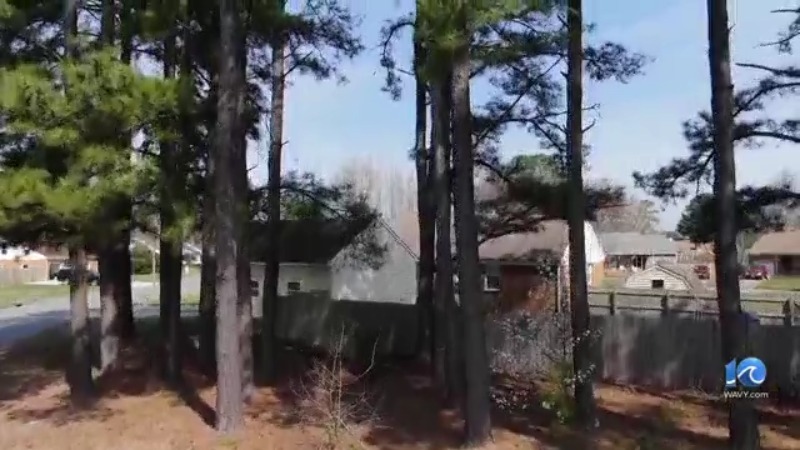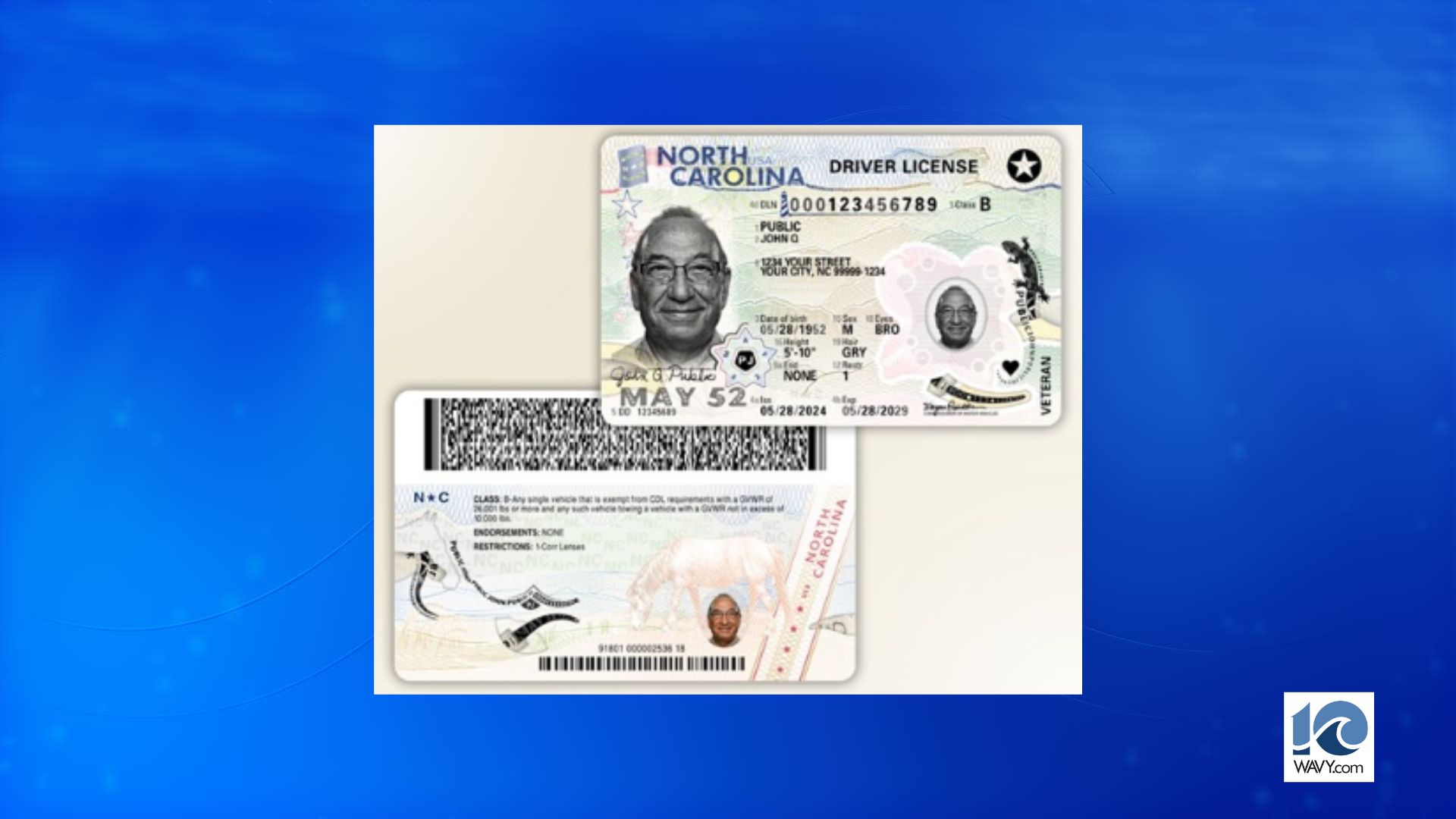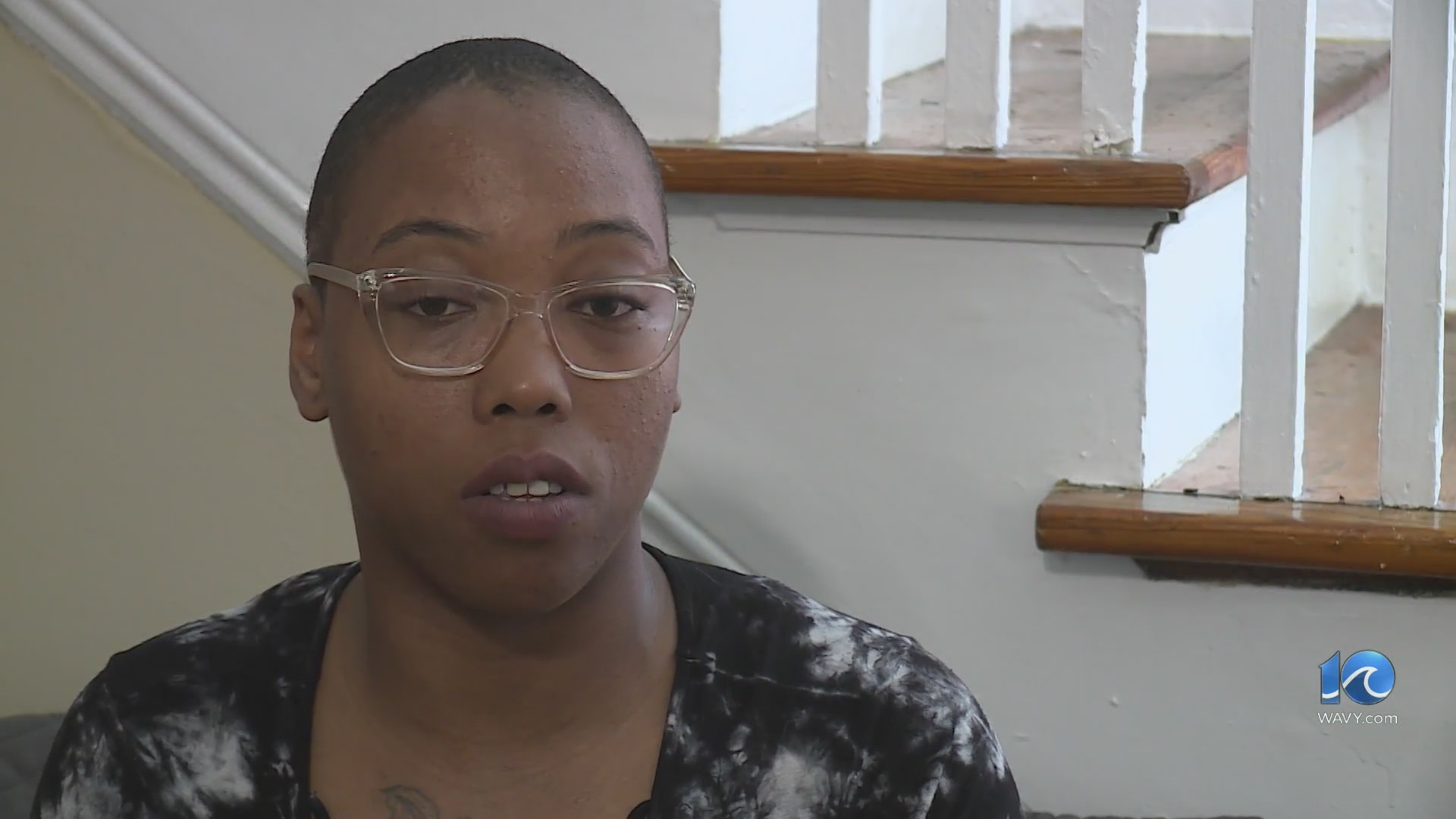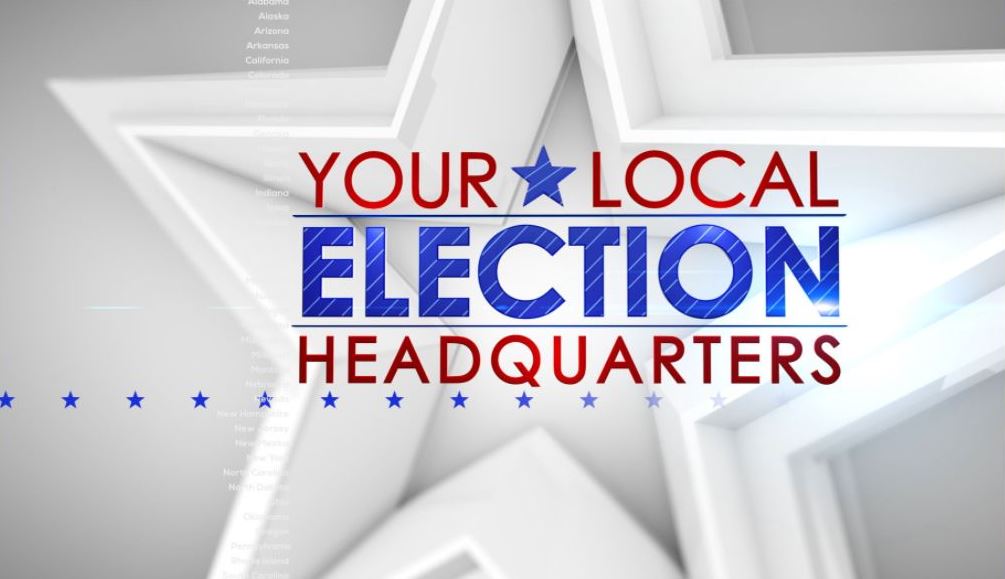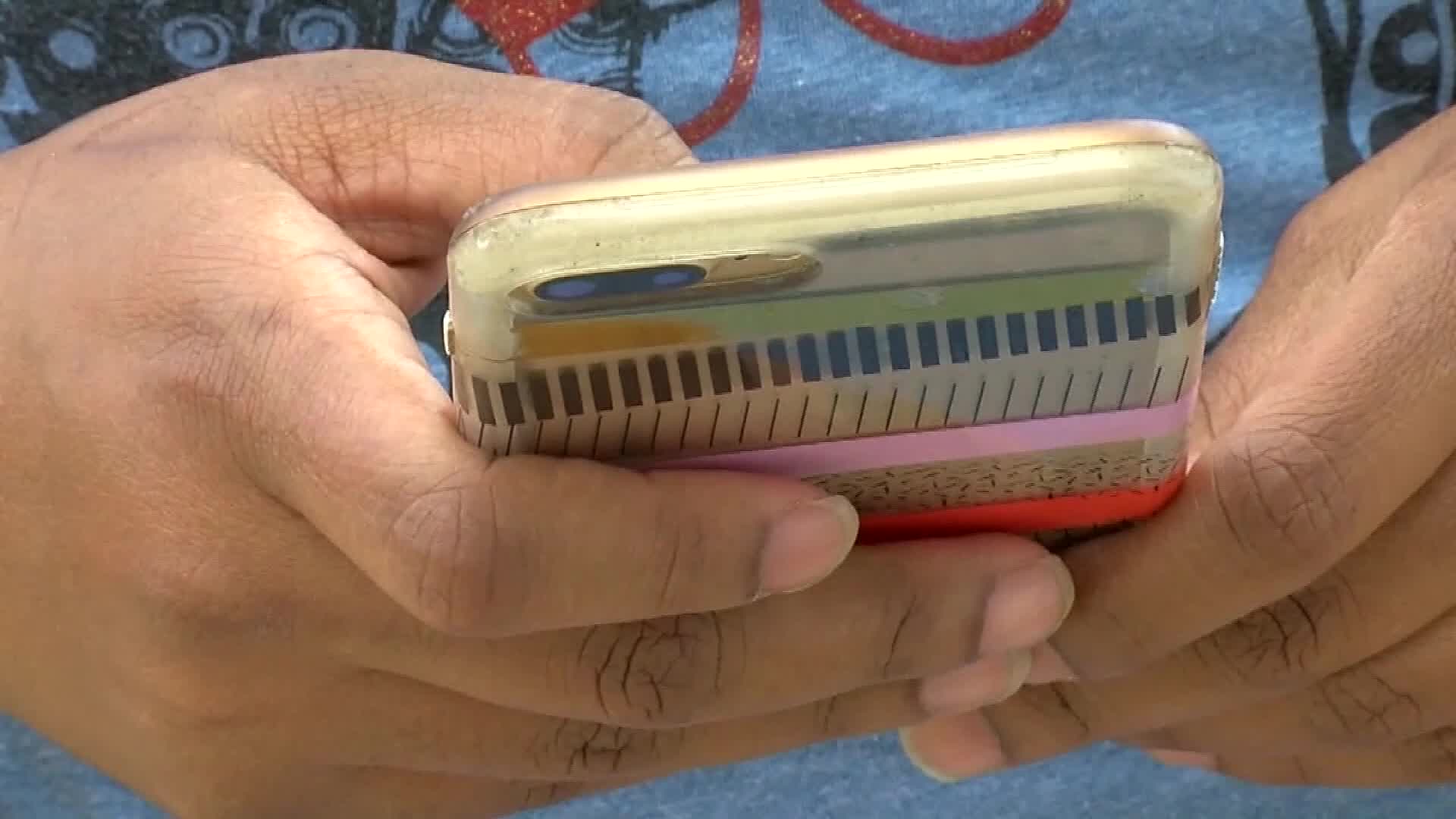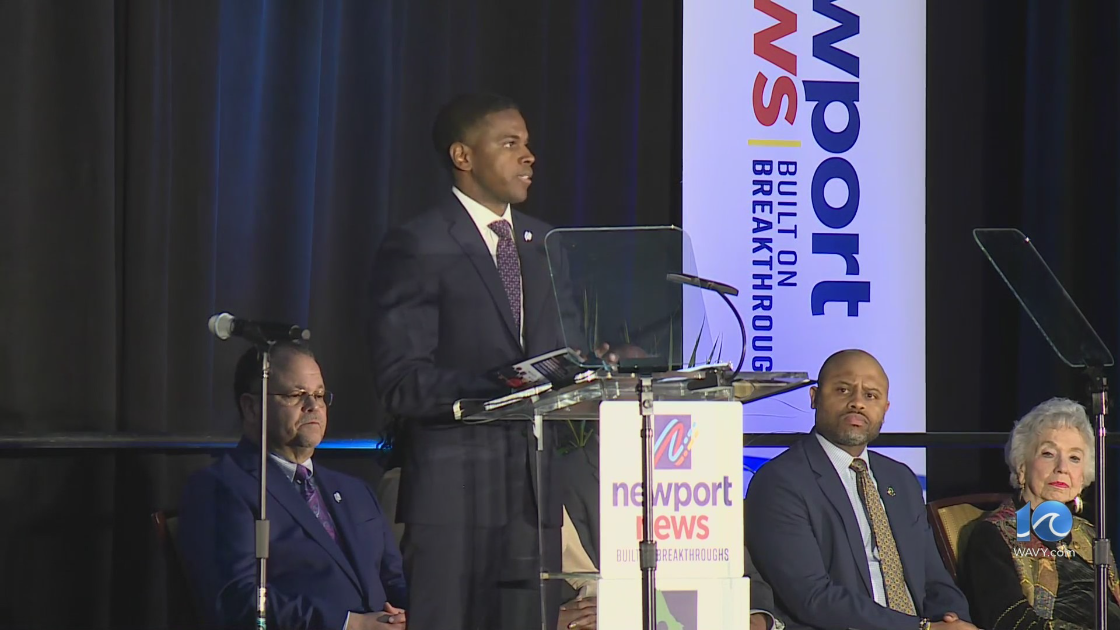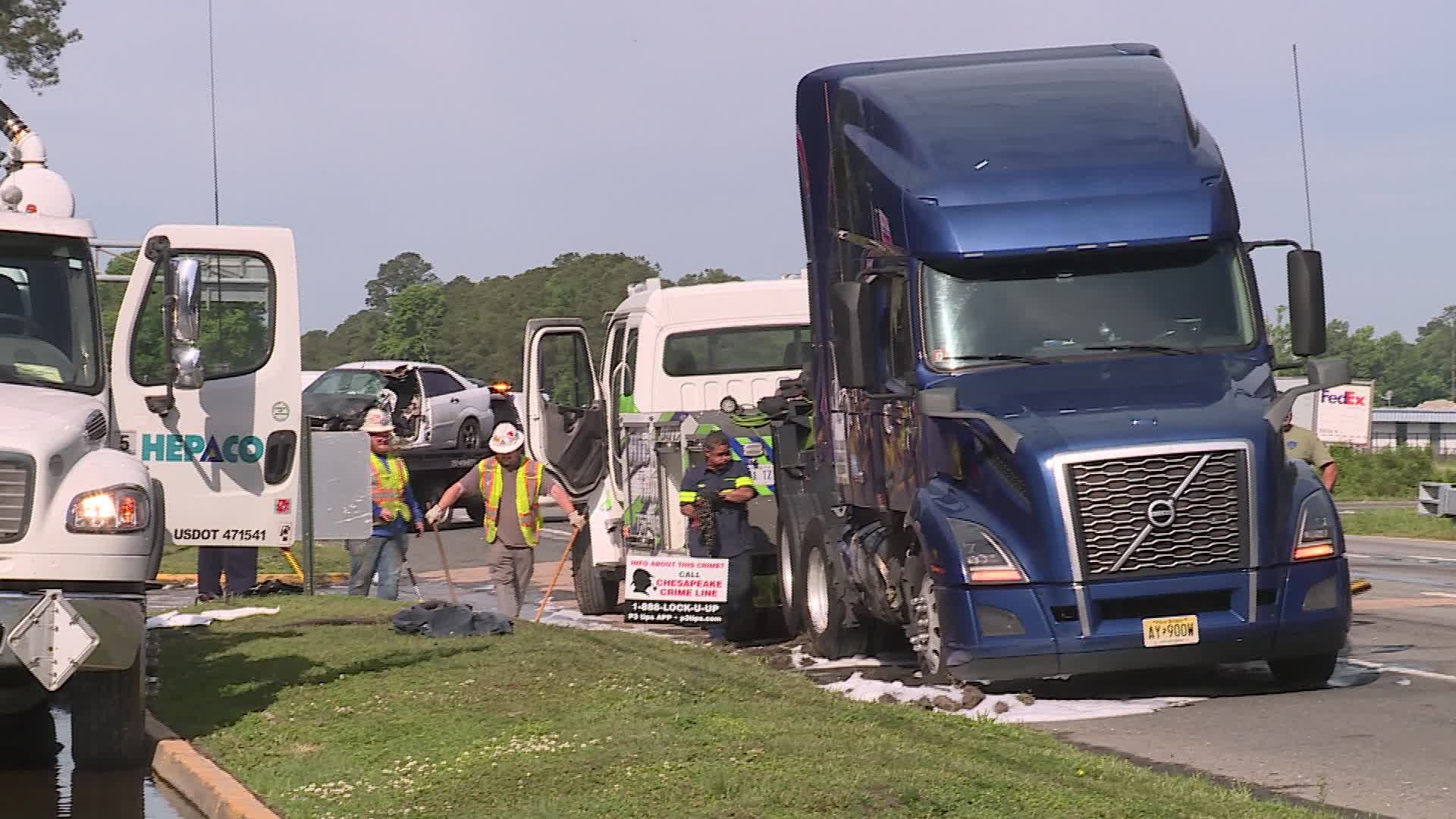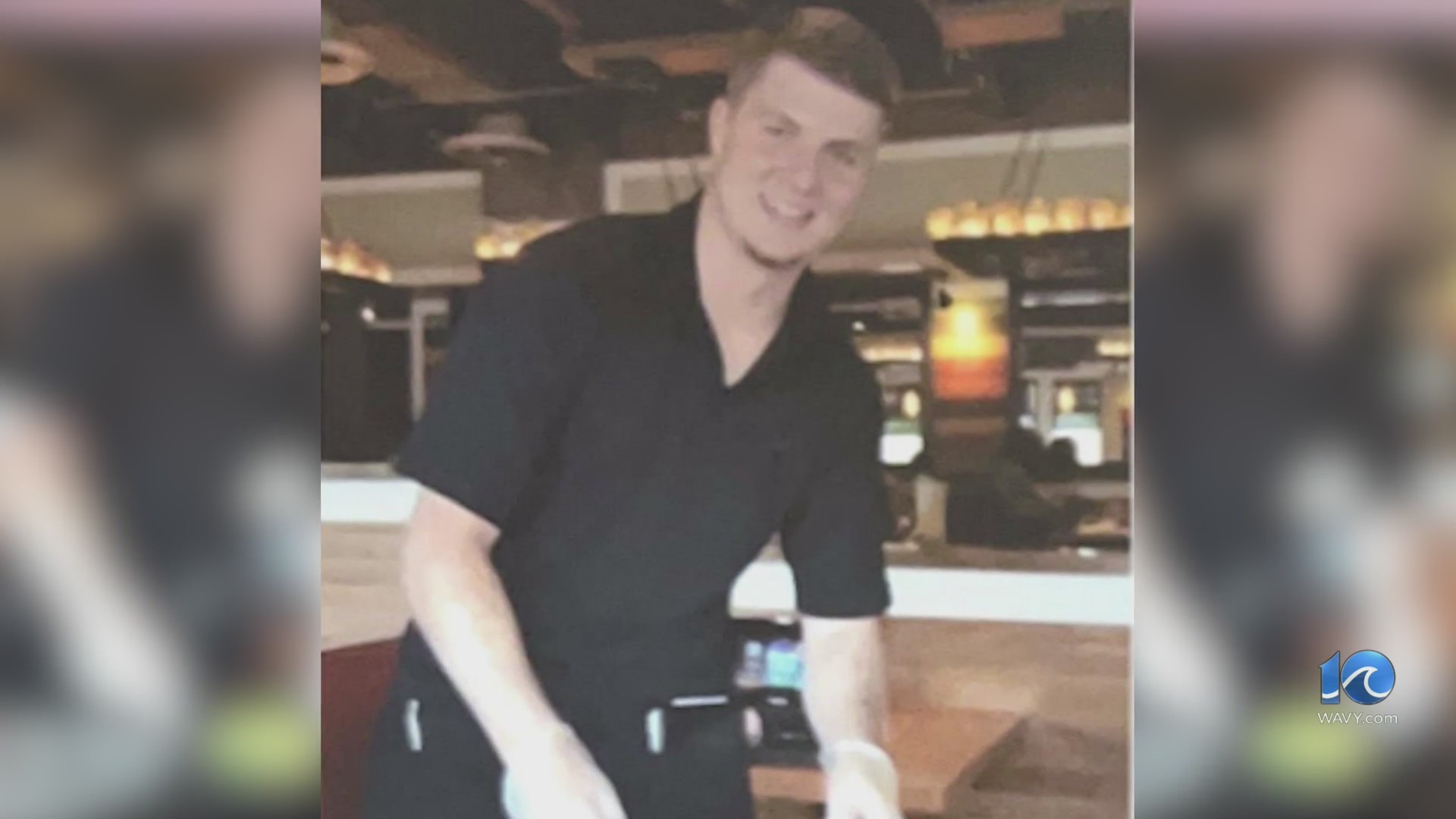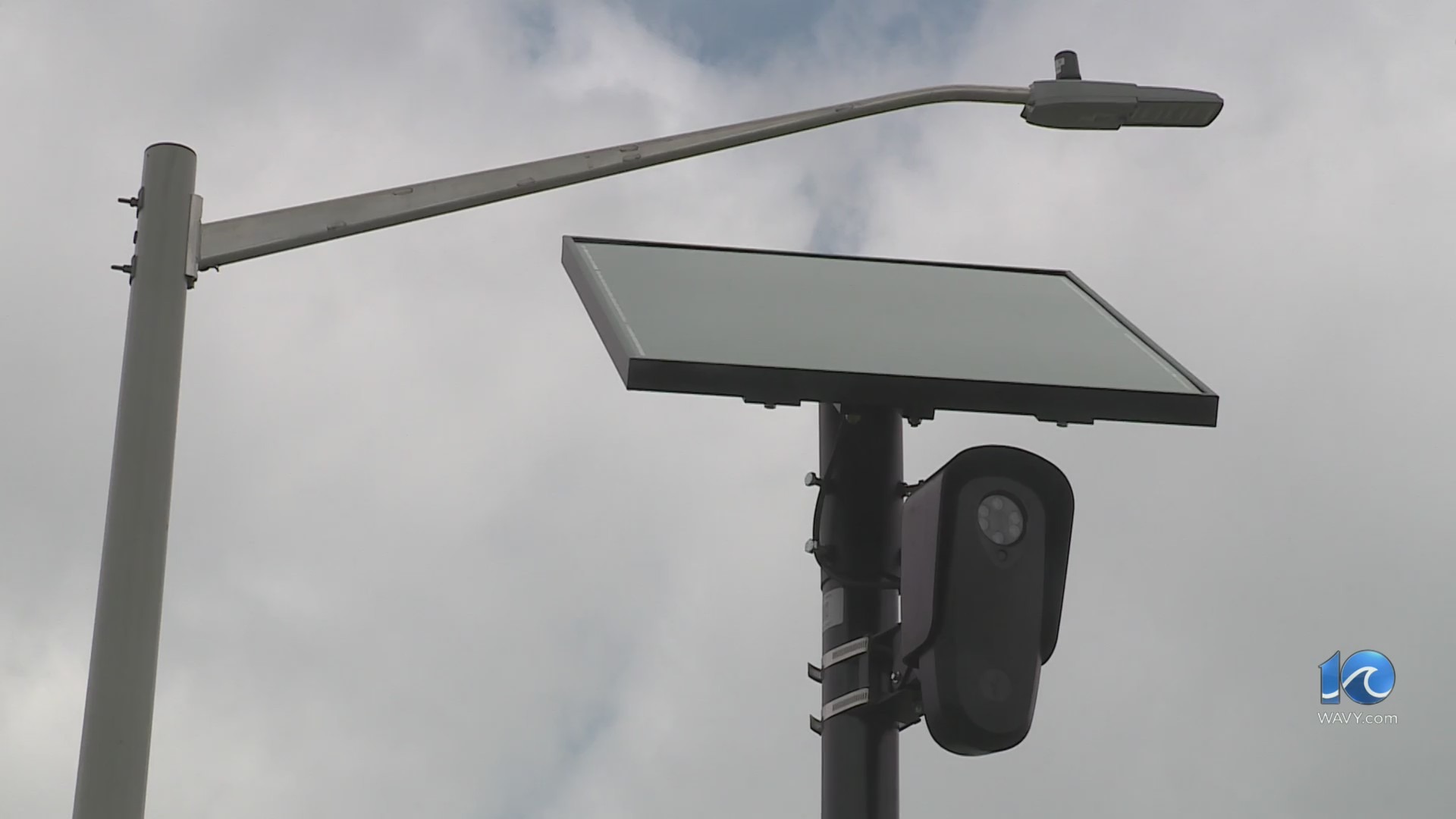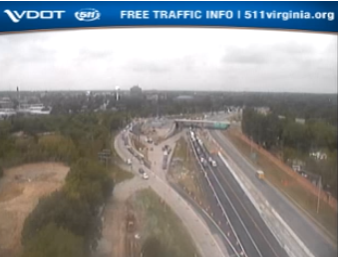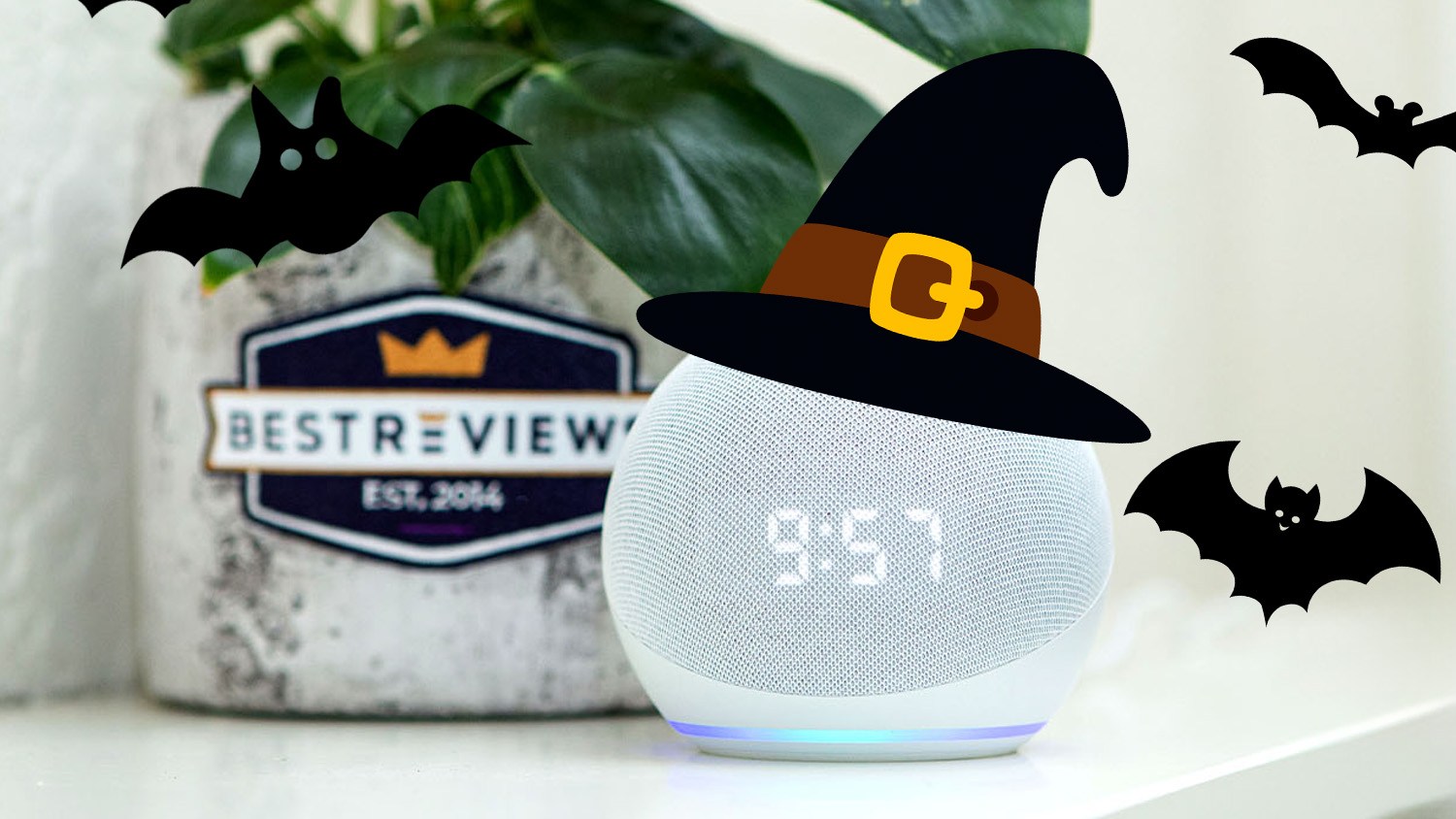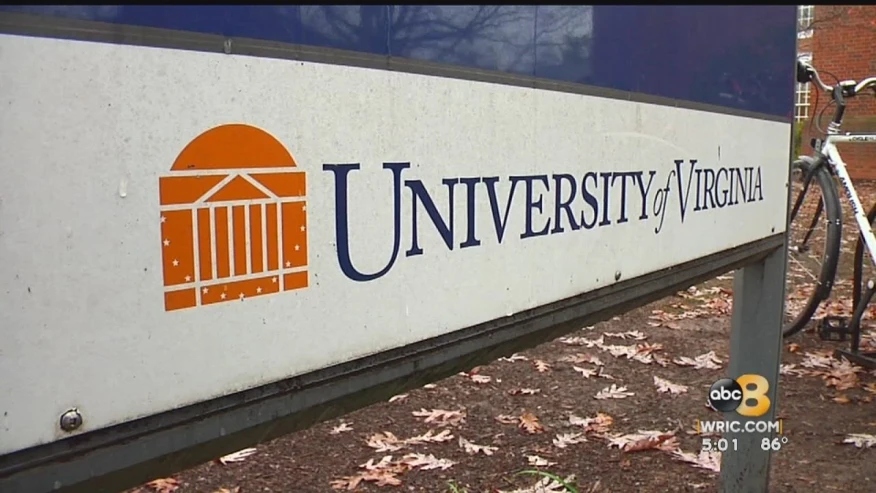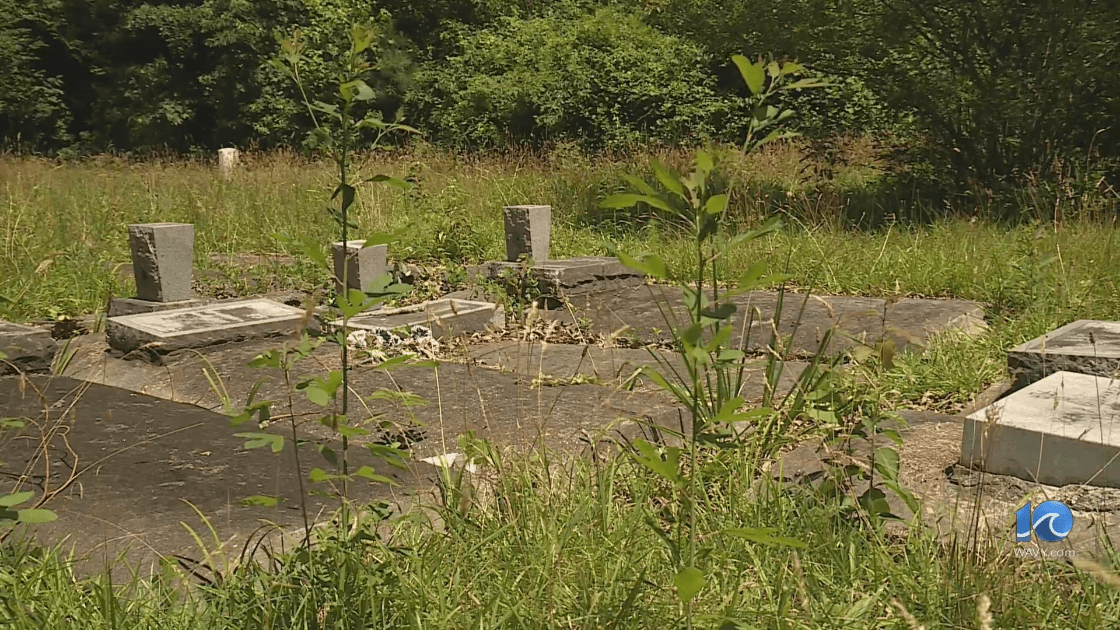RICHMOND, Va. (WRIC)- On Monday, the Centers for Disease Control and Prevention extended the nationwide pause on evictions through June 30th, 2021. The news came just two days before the previous order was set to expire.
“The COVID-19 pandemic has presented a historic threat to the nation’s public health. Keeping people in their homes and out of crowded or congregate settings — like homeless shelters — by preventing evictions is a key step in helping to stop the spread of COVID-19,” CDC Director Dr. Rochelle Walensky said in a statement.
A Census survey from the beginning of March, 2021 estimated that over 4 million adults were at imminent risk of losing their homes, an eviction wave that would’ve been unprecedented in modern times, according to the CDC order.
“I think we’re all very relieved,” said Virginia Poverty Law Center Housing Advocacy Director Christie Marra.
However, Marra emphasized that state and federal protections are not automatic. There are several steps tenants need to take to secure their housing.
“What you want to do as a tenant is layer the state protections and the federal protections. You can’t afford to give either one up,” Marra said.
Patrick McCloud, chief executive officer of the Virginia Apartment Management Association, fears the CDC moratorium is confusing tenants.
“We think it creates a disincentive for people to do what’s needed. It sends mixed messages and sows confusion into the legal process,” McCloud said.
How federal eviction protections work
To trigger federal protections, tenants have to present a signed CDC declaration to their landlord or property owner attesting to various criteria. The eviction ban applies to individuals who:
- Are unable to make full payments due to substantial loss of household income, reduced hours or wages, lay-offs or extraordinary out-of-pocket medical expenses
- Are trying their best to make timely partial payments that are as close as possible to full payments
- If evicted, would likely become homeless or have to move into a shared residence
- Are making every effort to obtain available government rental assistance
- Are earning less than $99,000 a year (or under $198,000 for couples)
People who have already submitted the CDC declaration do not need to do so again, according to the order.
The moratorium does not shield those at risk of eviction for criminal activity or contractual violations unrelated to non-payment.
What Virginians need to know about rent relief resources
State law requires landlords to tell tenants about the Virginia Department of Housing and Community Development’s Rent Relief Program (RRP). They also must apply on behalf of their tenants before proceeding with a removal.
If a tenant refuses to cooperate during this process, a landlord could use this to legally justify filing an eviction case, even under the CDC’s extended freeze, according to McCloud.
Marra said whether or not the CDC order would protect people in these circumstances would depend on a judges legal interpretation and the facts of the case.
In the absence of federal protections, state law also allows eviction proceedings to resume if a tenant is denied RRP funding, if the state takes longer than 45 days to approve an application or if the program runs out of money, according to Marra.
Renee Pulliam, director of operations for the real estate and property management group Thalhimer, said some people are receiving eviction notices simply because they’re not responding to their landlords. She said the problem is “very common.”
“Do not ignore the requests for information,” Pulliam said. “We don’t want someone to inadvertently be evicted because they failed to communicate with their landlord or failed to participate in a process that was designed to help them.”
Marra said Virginia has a more robust rent relief program than many other states.
While Marra is no longer concerned about the amount of funding at the state’s disposal, she said getting people the information they need to take advantage of it remains a challenge.
“It can pay all of your rent all the way back to the beginning of the pandemic on April 1st and it can continue to pay your rent if you’re still unemployed,” Marra said. “Even though there is a lot of money, get yours now. Pay your debt.”
DHCD Spokesperson Amanda Love said they’re still waiting to find out exactly how much more money Virginia will get under Congress’s latest relief package. Up until now, she said the state has received a total of $569 million.
“I’m not comfortable making a general statement about enough for every eligible person,” Love said in a text. “We have a high need for rent relief across Virginia.”
Marra said the fastest way to get funding is to ask your landlord to apply for you.
She said Chesterfield and Fairfax are operating their own programs at the local level. Eligible tenants should reach out to their county office for more information.
If you need legal assistance or help applying for rent relief, click here.


















































